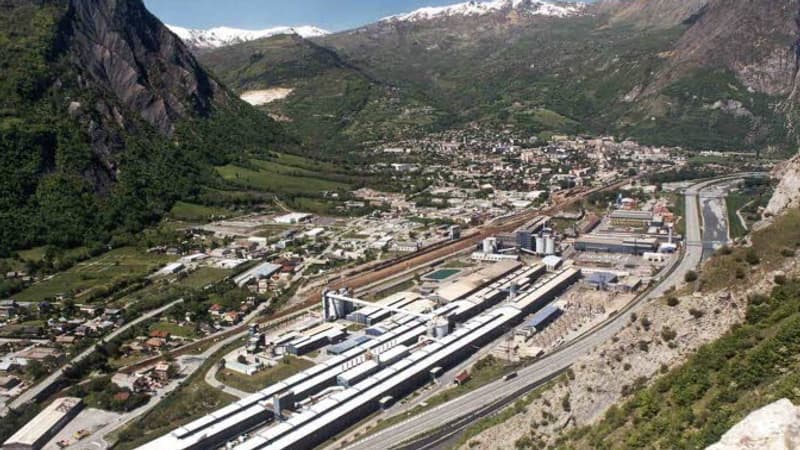Copper to transport electricity from offshore wind turbines to land, lithium, cobalt and nickel for car batteries: the energy transition, which should allow us to stop consuming oil, coal and gases that emit CO2, is running out of metals .
On Thursday, in Paris, representatives of 47 consumer and producer countries, except China and Russia, meet under the auspices of the International Energy Agency (IEA) for the first summit dedicated to “critical metals”, the new black gold that the world pursues. , with the aim of tracing the first contours of a “metal diplomacy”.
Big bosses, NGOs and scientists
The questions are numerous: how to guarantee and diversify supply? How to increase production? How to avoid the social and environmental problems generated by mining? How can we mobilize the huge funding needed to launch new mining facilities and develop recycling?
The bosses of the Australian mining giants BHP and Rio Tinto or the Chilean group Sociedad Química y Minera de Chile, and raw materials trading giants such as Glencore and Trafigura, will be present. Like the director of the London Metal Exchange (LME), Matthew Chamberlain, investors, international organizations as well as NGOs and scientists participate in the debates, closed to the press except for an introduction.
China concentrates metal refining
According to the Agency, the electrification of transport alone between now and 2040 will generate a multiplication of lithium demand by more than 40 globally, by around 20 for cobalt and nickel and more than 3 for copper globally. decarbonization scenarios compatible with the 2015 Paris climate agreement. The risk of shortages of critical metals alleged by some “is not a big problem,” however, estimated IEA Director General Fatih Birol during a recent interview.
China alone contributes “almost 70% of the production of rare earths”, say Emmanuel Hache, a researcher specialized in raw materials, and Benjamin Louvet, an asset manager, in their recent book “Metaux, the new black gold”, published in France. (Editions du Rocher). Regarding refining, “in the battery segment alone, China refines around 67% of cobalt, 62% of lithium, 60% of manganese and 32% of nickel” worldwide, they emphasize. In the case of cobalt, it produces around 1% of the mineral, but participates in more than two-thirds of global refining. The same happens with copper, of which it produces 8% of the world’s mineral but refines 41%.
A first step towards creating a dedicated agency
Russia, for its part, accounted for 37% of global palladium production in 2021, 13% of titanium, 10% of platinum, 9% of nickel and 5% of global aluminum.
Thursday’s summit could be “a first step towards the creation of a specific agency”, particularly around the IEA and the World Bank, under the auspices of the UN or the G20, the two experts believe. “The creation of an international agency on minerals and metals would open a space for dialogue between producing and consuming countries,” they emphasize, and would allow “imposing social and environmental governance criteria in the main production areas.”
Source: BFM TV


